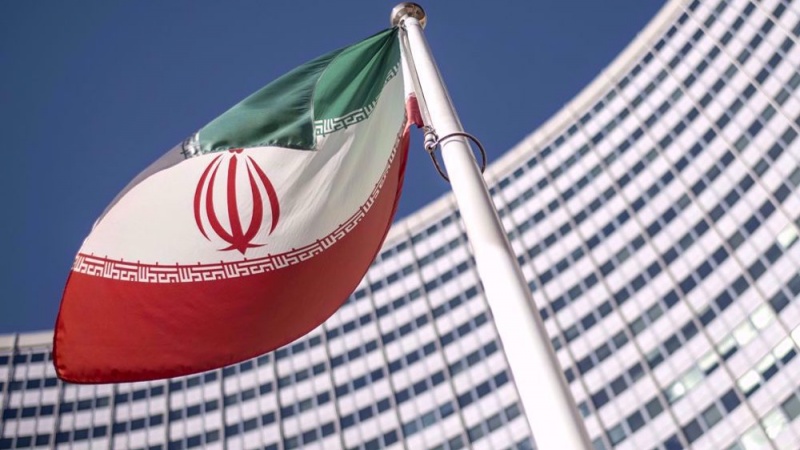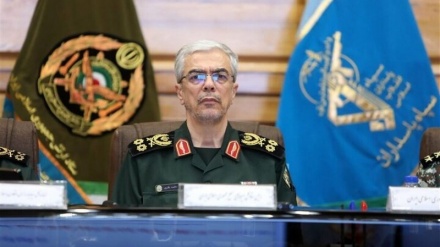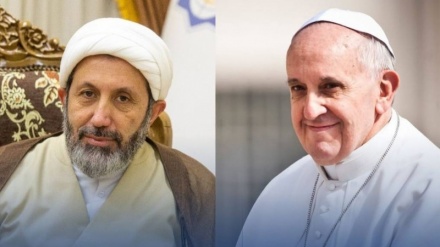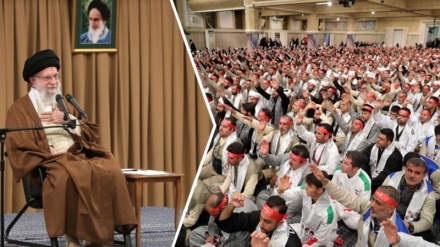Iran takes voluntary action to resolve misunderstanding with IAEA
Iran has taken a "voluntary" action to help resolve an instance of misunderstanding with the International Atomic Energy Agency (IAEA).
Back in September, Iran refused to allow the United Nations' nuclear agency access to a number of cameras that had been damaged during a terrorist operation targeting the TESA Karaj Complex, a centrifuge component manufacturing workshop in north-central Iran. The Islamic Republic's refusal was based on the fact that the country needed to complete some legal-security investigations into the incident.
On Wednesday, however, Iran's Nour News Agency reported that acting on its own initiative, the country had begun allowing the IAEA's experts to change the damaged devices since the country had completed the "main part" of the necessary investigations.
The Iranian initiative was also motivated by the IAEA's condemnation of such sabotage operations, reported the agency, which is affiliated to the country's Supreme National Security Council (SNSC).
The Israeli regime, which has assassinated at least seven Iranian nuclear scientists, is deemed to be the prime suspect in several sabotage operations that have targeted Iran's nuclear facilities over the past years.
The IAEA has also accepted to let Iran technically examine the new cameras before they are meant to be installed.
Nournews, meanwhile, said that Iran's initiative does not flout a parliamentary law that forbids the Atomic Energy Organization of Iran (AEOI) from letting the IAEA examine the footage that has been recorded by the devices.
Also on Wednesday, Foreign Minister Hossein Amir-Abdollahian reflected on Iran's initiative, saying the country and the IAEA had come to a "good agreement that can eliminate some alleged concerns about Iran's peaceful nuclear energy program and open the door for further cooperation with the agency."
He, however, criticized the agency for seeking resort to the technical issue to "affect the Vienna negotiations" on some occasions.
Meanwhile, the IAEA has also confirmed the report.
"The agreement with Iran on replacing surveillance cameras at the Karaj facility is an important development for the IAEA's verification and monitoring activities in Iran," the International Atomic Energy Agency said in a statement, adding that the new cameras would be installed "in the coming days."
SS



